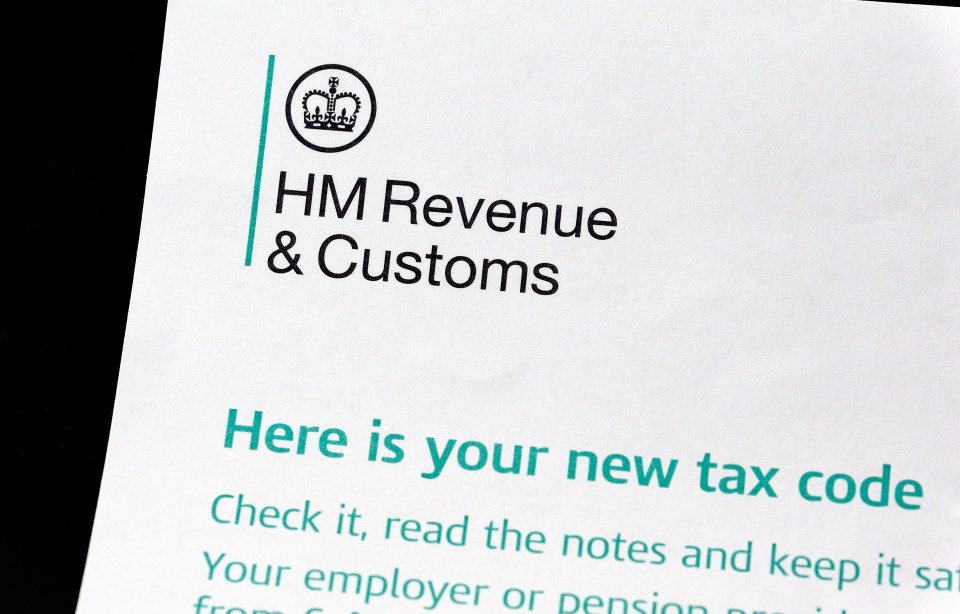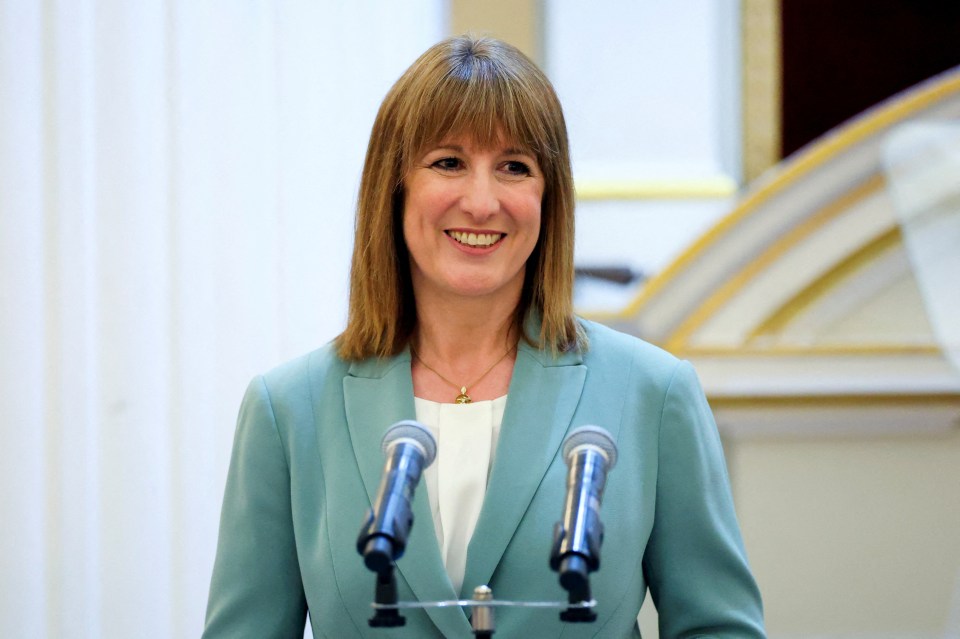HUNDREDS of thousands of Brits could be hit by a surprise £500 tax bill as a new rule comes into effect.
The new scheme could affect nearly 900,000 business owners across the UK.
The Government’s new Making Tax Digital scheme will require people over a certain income threshold to keep electronic records and file updates every financial quarter.
The move is part of the Government’s efforts to crack down on tax fraud, which cost Britain £12.4 billion from 2021 to 2022.
However, financial advisors have warned that the cost of reporting your tax figures could cost up to £500 a year once staff training, software and admin time are factored in – according to George Holmes, managing director of Aurora Capital.
Only people who earn £50,000 from self-employment or from rental properties will be subject to the new rules.
Ahead of the change, Craig Ogilvie, director of Making Tax Digital at HMRC, said: “With April 2026 on the horizon, we are issuing letters to customers we believe will be mandated, outlining specific requirements and timelines.”
He added: “We urge those who meet the mandate criteria to join our testing programme on GOV.UK now to help shape the final service and make your transition smoother.”
An estimated 864,000 sole traders and landlords will need to comply with the new rules.
James Murray MP, Exchequer Secretary to the Treasury, said: “MTD for Income Tax is an essential part of our plan to transform the UK’s tax system into one that supports economic growth.”
Murray added: “By modernising how people manage their tax, we’re helping businesses work more efficiently and productively while ensuring everyone pays their fair share.”
The news comes after experts warned Rachel Reeves that she would have to find £50 billion to plug a black hole in Britain’s finances.
The Chancellor has remained committed to her fiscal rules, which requires the UK to have financial cushion of £9.9billion by the end of the decade.
In order to put the UK’s finances on a firm footing, experts from the National Institute of Economic and Social Research have said that Ms Reeves will have to raise taxes.
Prof Stephen Millard, from the institute, said: “We would advocate building a bigger buffer.
“To do that requires moderate but sustained increases in taxes.”
The think tank also upped its growth forecast for this year to 1.3 per cent but knocked their prediction for 2026 down to 1.2 per cent from 1.5 per cent.
Meanwhile, tax refund letters have started landing on doorsteps across the UK but Brits have been warned to watch out for scams.
A Freedom of Information (FOI) request by The Sun found that HMRC refunded a staggering £8.3billion in overpaid tax from 2022 until 2023 — with the average worker pocketing £943.
However, any letter or email which requires you to give your credit card details, transfer money or click a link should be avoided at all costs.
How do I check my tax code?
YOU can check your tax code on your personal tax account online, on any payslips or on the HMRC app.
To log in, visit www.gov.uk/personal-tax-account.
If you have one, you can also check it on a “Tax Code Notice” letter from HMRC.
Bear in mind that you might need your Government Gateway ID and password to hand to log in.
But if you don’t have this you can use your National Insurance number or postcode and two of the following:
- A valid UK passport
- A UK photocard driving licence issued by the DVLA (or DVA in Northern Ireland)
- A payslip from the last three months or a P60 from your employer for the last tax year
- Details of a tax credit claim if you have made one
- Details from a self assessment tax return (in the last two years) if you made one
- Information held on your credit record if you have one (such as loans, credit cards or mortgages)


